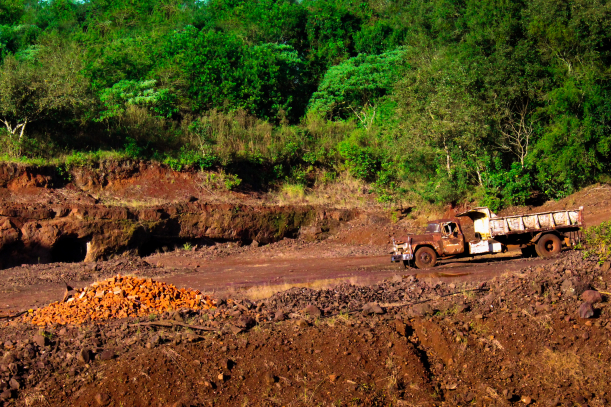Jan 29 2020
Scientists at Lund University, Sweden, performed a global study revealing that the fast increase in land use in the tropical areas of the world has an impact on the global carbon cycle more than was already known.

Image Credit: Unsplash
They also analyzed data obtained from a new satellite imaging system and found that there has been a decrease in the biomass in tropical forests.
Vegetation plays a key role in the carbon cycle by absorbing 30% of carbon dioxide emissions caused by human activities, reducing the impacts of climate change. However, deforestation has led to an increase in the amount of carbon dioxide in the atmosphere.
In a new study reported in Nature Ecology & Evolution, researchers have shown that the increased land use in the tropical areas of the world has caused much less carbon dioxide uptake by forests in, for example, the Amazon and Southeast Asia, than was already known.
Climate change is affecting us all, and with this study we have increased our understanding of the impact of land use on the global carbon cycle.
Torbern Tagesson, Study Lead Author and Physical Geography Researcher, Lund University
The scientists combined dynamic vegetation models with a new satellite-based dataset to derive detailed information on the amount of carbon dioxide absorbed by different ecosystems across the globe. The study (covering the period from 1992 to 2015) focuses on boreal and tropical forests (coniferous forests in the northern hemisphere).
As we have verified our estimates with other satellite data, we can now say with certainty that boreal forests contribute more to carbon dioxide uptake and tropical forests contribute less. Previous studies have not shown the same decline for tropical forests.
Torbern Tagesson, Physical Geography Researcher, Lund University
The findings offer a better understanding of the effect of land use on the global carbon cycle, as well as a greater understanding of the processes that influence carbon dioxide uptake from vegetation.
Finally, Tagesson stated, “This knowledge is essential for us to be able to predict the effects of present and future climate change and therefore also highly relevant for climate change policy.”
Besides Lund University, the organizations and educational institutions that participated in the study are as follows: Laboratory of Sciences and Climat et de l’Environnement IPSL, University of Bordeaux, University of Copenhagen, and Nanjing University of Information Science and Technology.
The research was financially supported by the Swedish Space Agency, the Danish Free Research Fund, the Belgian Science Policy Office, Marie Skłodowska-Curie postdoc grant, AXA Research Fund, European Space Agency (ESA), CNES, and Center National d’Etudes Spatiales.